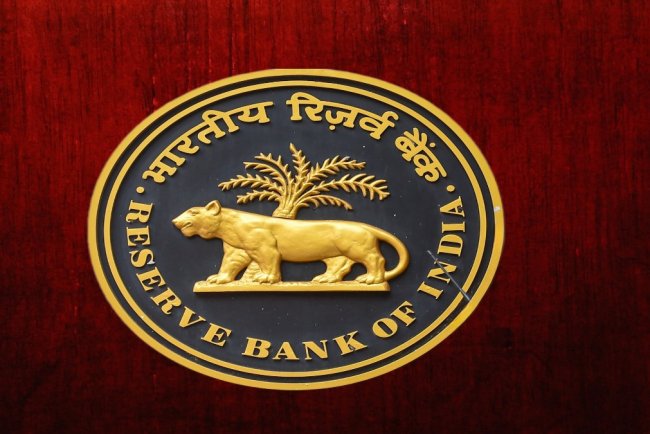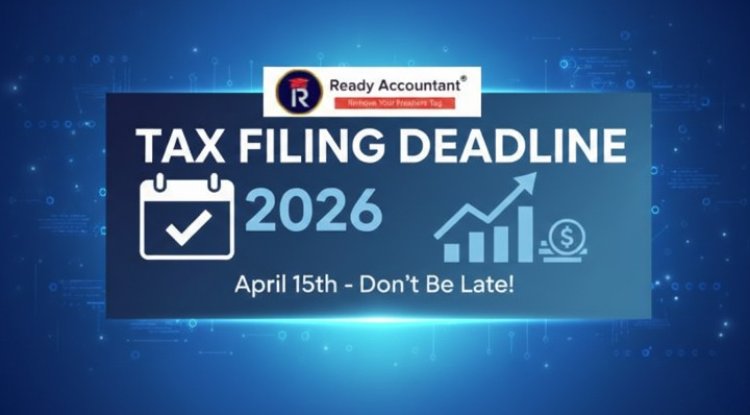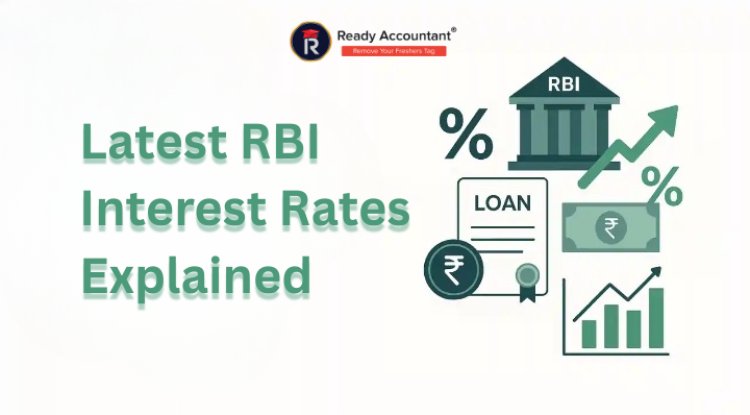Why Is Your Income Tax Refund Delayed?
Income tax refund delays are common and usually caused by incorrect bank details, mismatched TDS, unverified ITRs, or pending tax dues. This article explains the major reasons behind refund delays, how to track refund status, and practical steps to avoid such issues. With proper tax knowledge and skills in Certified Corporate Accounting, SAP FICO (Finance & Controlling), and Taxation (Income Tax & GST), individuals can file accurate returns and ensure timely refunds while strengthening their career prospects in accounting and finance.
When you file your Income Tax Return (ITR), the most-awaited part for many taxpayers is the refund. However, sometimes the processing of your refund takes longer than expected, leaving you wondering: Why is your income tax refund delayed? This is a common concern during every tax season, especially for Assessment Year (AY) 2025–26.
In this blog, we will explain the common reasons behind refund delays, practical steps you can take to resolve them, and how having a solid foundation in Certified Corporate Accounting, SAP FICO (Finance & Controlling), and Taxation (Income Tax & GST) can help you avoid such issues in the future.
Understanding Income Tax Refunds
An income tax refund arises when you have paid more taxes—through TDS, advance tax, or self-assessment—than your actual tax liability. Once the Income Tax Department processes your ITR and confirms the excess payment, the refund is issued.
The refund is usually processed within a few weeks of filing, but in some cases, delays occur due to discrepancies or procedural issues.
Common Reasons Explained
Let’s break down the top reasons why taxpayers face delays in receiving their refunds.
1. Incorrect Bank Account Details
One of the most common reasons is wrong or outdated bank details in the ITR form. If your IFSC code, account number, or branch details are entered incorrectly, the refund cannot be credited.
2. Mismatch in TDS or Income Details
Refund delays often happen if the details in Form 26AS, AIS (Annual Information Statement), or TDS certificates do not match the income details declared in the ITR.
3. ITR Not Verified
Even if you file your ITR on time, the refund will not be processed unless it is verified. Taxpayers often forget to e-verify within 30 days of filing, which leads to a pending status.
4. Tax Department Processing Delays
Sometimes, the delay is from the Income Tax Department’s side due to high volume of returns, detailed scrutiny, or technical glitches.
5. Outstanding Tax Demand from Previous Years
If you have unpaid dues from earlier assessment years, the department may adjust your current refund against those pending amounts.
6. Bank Account Not Linked with PAN
Since refunds are issued electronically, if your PAN is not linked to your bank account, refunds may fail.
7. Incorrect Filing of Deductions or Exemptions
Claiming wrong deductions or exemptions under sections like 80C, 80D, or HRA may trigger a mismatch and delay in refunds as the department verifies them.
8. Scrutiny or Additional Information Required
In some cases, the tax department may put your return under scrutiny for further verification, especially if large claims or unusual entries are made.
How to Track Your Refund Status
You can easily check the status of your refund through:
-
Income Tax e-Filing Portal (via login)
-
NSDL Refund Tracking Website (using PAN and AY)
Tracking helps you understand whether the refund is processed, delayed, or failed due to incorrect details.
Steps to Avoid Refund Delays
Here are some practical steps to ensure a quick refund credit:
-
File ITR early and before the due date.
-
Pre-validate bank details on the portal.
-
Match details with Form 26AS and AIS before submission.
-
E-verify ITR within 30 days of filing.
-
Keep PAN, Aadhaar, and bank account linked.
The Role of Professional Training in Tax Compliance
Many taxpayers face refund delays due to a lack of awareness about proper tax filing practices. This is where professional learning in accounting and taxation becomes valuable.
-
A course in Certified Corporate Accounting equips you with practical skills to handle corporate taxation, accounting entries, and refund reconciliations.
-
Mastering SAP FICO (Finance & Controlling) helps professionals understand how refunds, tax adjustments, and financial reporting are managed in large organizations.
-
Expertise in Taxation (Income Tax & GST) ensures compliance with rules, helping avoid mistakes that cause refund delays.
By learning from industry experts, professionals, and students can not only file accurate returns but also build careers in taxation and corporate finance.
Final Thoughts
If you are still wondering, “Why is your income tax refund delayed?”, remember that most delays are due to minor errors or mismatches that can be easily avoided with proper attention to detail. From incorrect bank account details to mismatched TDS, the reasons vary—but solutions are available.
A strong foundation in Certified Corporate Accounting, SAP FICO (Finance & Controlling), and Taxation (Income Tax & GST) not only helps you in your career but also ensures hassle-free tax filing and timely refunds.
What's Your Reaction?




















